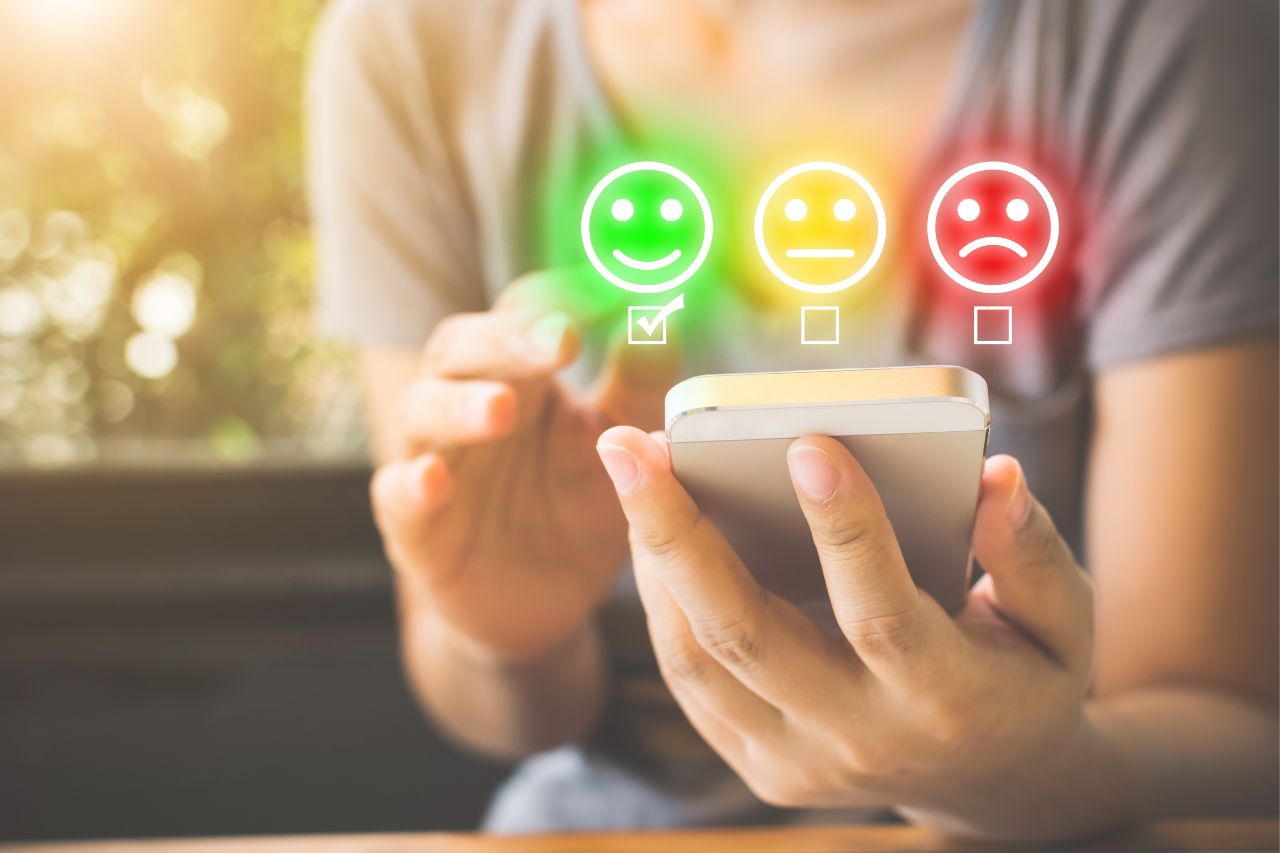Now, sharing entertaining videos, images, or text on various social media platforms has become commonplace and, while often harmless, can cross ethical lines and cause conflicts.
Social media use and development present many ethical considerations that need to be considered, such as:
User well-being
Tech developers must seek to foster an inclusive environment, promote healthy communication, and foster a sense of community. Additionally, they should remain mindful of any harmful or risky impacts from social media usage such as anxiety or depression triggers; provide reliable information without clickbait; facilitate users expressing concerns without fear of retaliation by setting up mechanisms such as an anonymous hotline; allow employees to report ethical violations directly; etc.
Social media companies’ collection and use of vast amounts of personal data pose serious ethical considerations. This data could be used for various purposes, including behavioral advertising and targeted content delivery. Furthermore, tech developers must protect user privacy through transparent data collection practices which include seeking explicit consent from their users as well as offering clear privacy policies.
Social media has become an indispensable asset to industries across a spectrum of fields, from marketing and branding to business networking and education. But healthcare organizations face specific challenges using it; such as protecting patient privacy and confidentiality issues that have resulted in lawsuits due to potential breaches in privacy laws or licensing requirements. With proper precautions and monitoring systems in place, they can reduce these risks while using social media more effectively for themselves.
Health and wellness organizations can increase community and brand recognition using video-sharing sites or three-dimensional virtual environments to raise community and brand awareness, provide education and training sessions, or for physician recruitment/credentialing. These tools also can serve as great ways to build brand loyalty with consumers and staff members alike.
These platforms can also prove invaluable in recruiting physicians and credentialing them within the health and wellness industry, offering job openings, conducting interviews, connecting with prospective patients, hosting webinars/conferences/clinical training/research projects, etc.
Privacy
Social media refers to an array of tools and applications that enable users to communicate and exchange information online, with its rise prompting ethical considerations about its usage and effects. Social media’s widespread adoption has resulted in ethical discussions surrounding its usage and impact, including its effect on democracy, public institutions, and the rule of law as well as profoundly changing how many individuals form and maintain ethically significant social ties or roles in their lives.
Social media raises many privacy issues for its users. When companies that own and operate these platforms sell personal data about them, this can lead to cyber harassment, doxing, and identity theft as well as increased stress, depression, and anxiety for individuals using excessively. Employees need access to resources that allow them to recognize these problems and make informed decisions on how best to deal with them.
Ethical tech practices can be implemented by setting clear guidelines and policies. This will assist tech developers in creating products and services that comply with ethical standards. Such policies should encompass principles like data privacy, security, and inclusivity as well as accountability and transparency – plus being flexible enough to adjust to changes in the market.
Collaboration across disciplines is integral for developing ethical technology solutions. By gathering experts in various disciplines such as technology, ethics, law, and social sciences to gain a broader perspective on ethical technology issues and discover holistic solutions that benefit society as a whole.
As our globalized world becomes more connected, it is increasingly essential to assess how social networking technologies are being employed and develop them ethically. Furthermore, it must consider all possible social and environmental consequences of these technologies, while developing plans to address them.
Inclusivity
Tech developers must remain at the forefront of innovation, but should also carefully consider its long-term consequences. By exploring technologies to increase user engagement and foster an ethical social media landscape. Furthermore, they should work to promote an inclusive culture that values diversity.
Inclusivity is more than just a trendy buzzword: it is an integral component of digital ecosystems. Inclusivity means creating an inclusive environment where all users feel welcome and valued, regardless of background, abilities, gender, or sexuality. Inclusivity also means making the world more accessible for all while offering equal opportunities within diverse workplaces.
To achieve inclusivity on social media platforms, they must prioritize transparency and accountability. This includes offering users control over how their data will be collected and utilized as well as accepting user feedback to constantly adapt based on user experiences. In addition, platforms must aim to foster a positive experience for all their users by fighting online toxicity while offering support mechanisms.
Tech companies must prioritize hiring a diverse workforce in order to foster innovation more effectively. Through supporting diversity initiatives, tech firms can attract employees with diverse backgrounds and experience levels from various walks of life; creating an inclusive workplace culture while increasing employee satisfaction levels.
Social media’s constant and often unrealistic depictions of lifestyles can have detrimental repercussions for mental health. Constant comparisons with seemingly perfect lives may cause feelings of inadequacy and low self-esteem that contribute to anxiety and depression while incorporating social-emotional learning and stress-reduction techniques into apps’ designs could mitigate such adverse impacts.
Tech-driven social-emotional learning and stress-reduction tools can make a profound difference in many individuals’ mental well-being. But for these tools to truly make an impactful contribution, they must be designed carefully in order to avoid creating an addictive feedback loop – for instance, frequent notifications could encourage users to spend too much time on their devices and eventually develop unhealthy habits.
An inclusive tech future demands thoughtfulness and dedication from all parties involved. Now is the time for developers to acknowledge the significance of user privacy, creating social media that prioritizes user well-being while encouraging meaningful connections that support the long-term health of communities.
Innovation
Tech developers must look beyond mere technological considerations when developing new technologies and platforms, taking into account social, ethical, and regulatory implications as they build new products. Furthermore, they must ensure their policies and frameworks can adapt as the market changes or technologies advance.
Social media is a powerful tool, with the capacity to transform how we interact and form communities. But its power comes with risks. An individual’s digital footprint may have long-lasting ramifications for both their personal and professional lives; unethical behavior or interactions on social media could result in breaches of privacy that threaten both physical and informational security for an individual.
Social media stands out from traditional forms of communication in that its two-way nature allows users to respond directly to content posted on its platforms, and offers more customization options than traditional means such as newspapers and television. This allows for flexible ethical challenges to arise from its use, such as data collection by corporations that could exploit this personal data in order to exploit users further.
Social media platforms are frequently blamed for fomenting polarized views and fomenting misinformation and hate speech, due to their open nature. Information on these platforms is freely accessible to anyone using them – businesses, governments, and law enforcement alike can access its contents; furthermore, the Internet has drastically lowered barriers to entry allowing people from around the globe to access all sorts of information all at the same time – leading to unexpected results such as political disinformation and cyber-bullying.
Rebecca Parsons recently stated in her article, titled Taking Responsibility for Ethics Related to Their Products by Tech Companies, that tech companies must take full responsibility for any ethical issues associated with their products. This is essential in upholding a good business reputation and culture of trust and fairness – any ethical breaches could result in negative press coverage, customer boycotts, and company modifications due to public backlash over these lapses.











